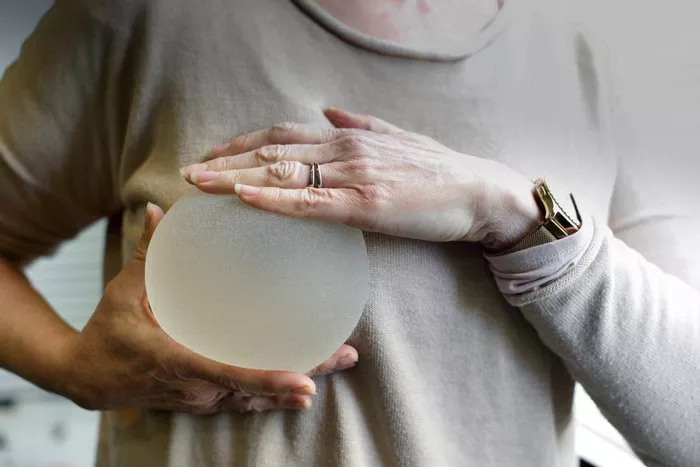Breast implants are a popular choice for women seeking to enhance their appearance or undergo breast reconstruction. Over time, individuals may wonder if their implants need to be replaced or if they have a specific expiration date. In this article, we will explore the topic of how often breast implants should be replaced and discuss factors that can influence the decision.
Understanding Breast Implants
Breast implants are medical devices used to augment or reconstruct the breasts. They are typically made of a silicone shell filled with either silicone gel or saline solution. These implants come in various shapes, sizes, and textures to meet individual preferences and desired outcomes.
No Set Expiration Date
Contrary to popular belief, breast implants do not have a specific expiration date. Unlike food products or medications, breast implants are not designed to deteriorate or expire over time. However, it is important to note that implants are not expected to last a lifetime, and their longevity can be influenced by several factors.
Factors Affecting Implant Longevity
Several factors can influence how long breast implants last and when they may need to be replaced. It’s essential to understand these factors to make informed decisions about implant replacement. Let’s explore them in detail:
1. Implant Integrity
The condition of the implants themselves is an important factor in determining their lifespan. Implant rupture or leakage can occur, although it is relatively rare. Modern implants are designed to be durable, but they are not indestructible. If an implant ruptures, it may cause changes in breast shape, size, or firmness. In such cases, implant replacement is necessary.
2. Age and Wear
Over time, breast implants may experience normal wear and tear. The natural aging process can affect the integrity of the implant shell or the filler material inside. While this is uncommon, it is important to monitor the condition of the implants and consult with a healthcare professional if any changes occur.
3. Changes in Breast Tissue
The breast tissue surrounding the implants can undergo changes over time. Factors such as pregnancy, weight fluctuations, or aging can impact the appearance and feel of the breasts. These changes may influence the decision to replace or revise the implants to maintain the desired aesthetic outcome.
4. Personal Preferences and Lifestyle
Some individuals may opt to replace their breast implants for personal reasons or to achieve different cosmetic goals. Changes in body image preferences, wanting a different size or shape, or desiring a more natural look are valid reasons for implant replacement. Additionally, lifestyle choices and habits, such as weightlifting or extreme physical activities, can impact the integrity and longevity of breast implants. Consulting with a plastic surgeon can help determine if implant replacement is necessary based on individual circumstances.
5. Routine Follow-ups and Monitoring
Regular follow-up appointments with a board-certified plastic surgeon are essential for the long-term monitoring of breast implants. These appointments allow the surgeon to assess the condition of the implants, evaluate breast health, and address any concerns or questions. Through physical examinations and imaging tests, such as mammograms or MRIs, potential issues can be detected early on, leading to appropriate recommendations regarding implant replacement, if necessary.
Consulting with a Plastic Surgeon
It is important to consult with a qualified plastic surgeon to discuss the timing of breast implant replacement. A surgeon with expertise in breast augmentation or reconstruction can assess the condition of the implants, evaluate individual circumstances, and provide personalized recommendations.
During the consultation, the surgeon will take into account factors such as the age of the implants, physical examination findings, personal preferences, and the overall health of the patient. Based on these factors, they will determine if implant replacement is necessary or if it can be postponed.
Conclusion
Breast implants do not have a set expiration date, but they are not expected to last a lifetime. The decision to replace breast implants depends on several factors, including implant integrity, age and wear, changes in breast tissue, personal preferences, and routine follow-ups. It is crucial to consult with a qualified plastic surgeon to evaluate the condition of the implants and make informed decisions regarding replacement or revision. Regular monitoring and open communication with the surgeon will ensure the long-term success and satisfaction of breast augmentation or reconstruction procedures.


